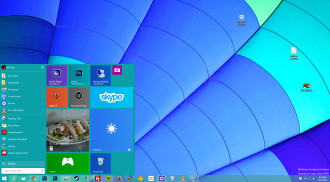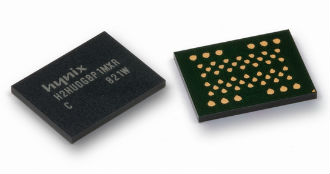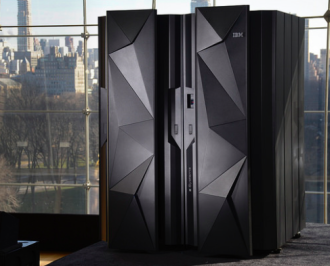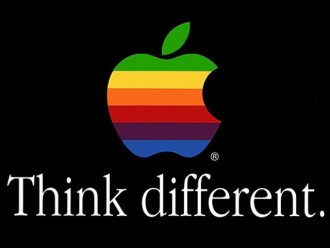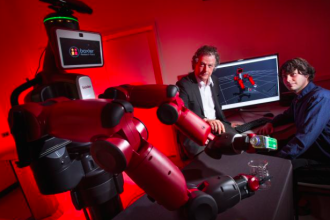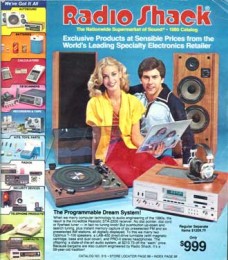 The much troubled RadioShack may file for bankruptcy as early as next month.
The much troubled RadioShack may file for bankruptcy as early as next month.
The outfit, which was the major force behind the birth of the home computer industry, has been slowly heading towards doom since the turn of the century and in November warned that it might need to file for Chapter 11.
According to The Wall Street Journal Radio Shack is strapped for cash.
It is discussing a deal with a private equity firm to “buy its assets out of bankruptcy”. If that doesn’t work, the company could go to bankruptcy court, instead. Potential lenders who could fund operations during the bankruptcy proceedings are also in the mix, the Journal states, adding that much is in flux.
In November, the company reported it only had enough money to pay for operations in the very near term. The US has been struggling to keep up with online retailers for some time.
Radio Shack has been going for more than 94-years – starting as an electrical supplier. It has been combatting the competition by revamping its offerings, closing stores, cutting costs and changing management. Despite the attempt to claw its way back up, the retailer has posted losses for the past 11 quarters.
Earlier this week, Marketwatch reported that Salus Capital offered RadioShack a $500 million loan to fund operations during bankruptcy. The offer was unsolicited and expires Thursday.




